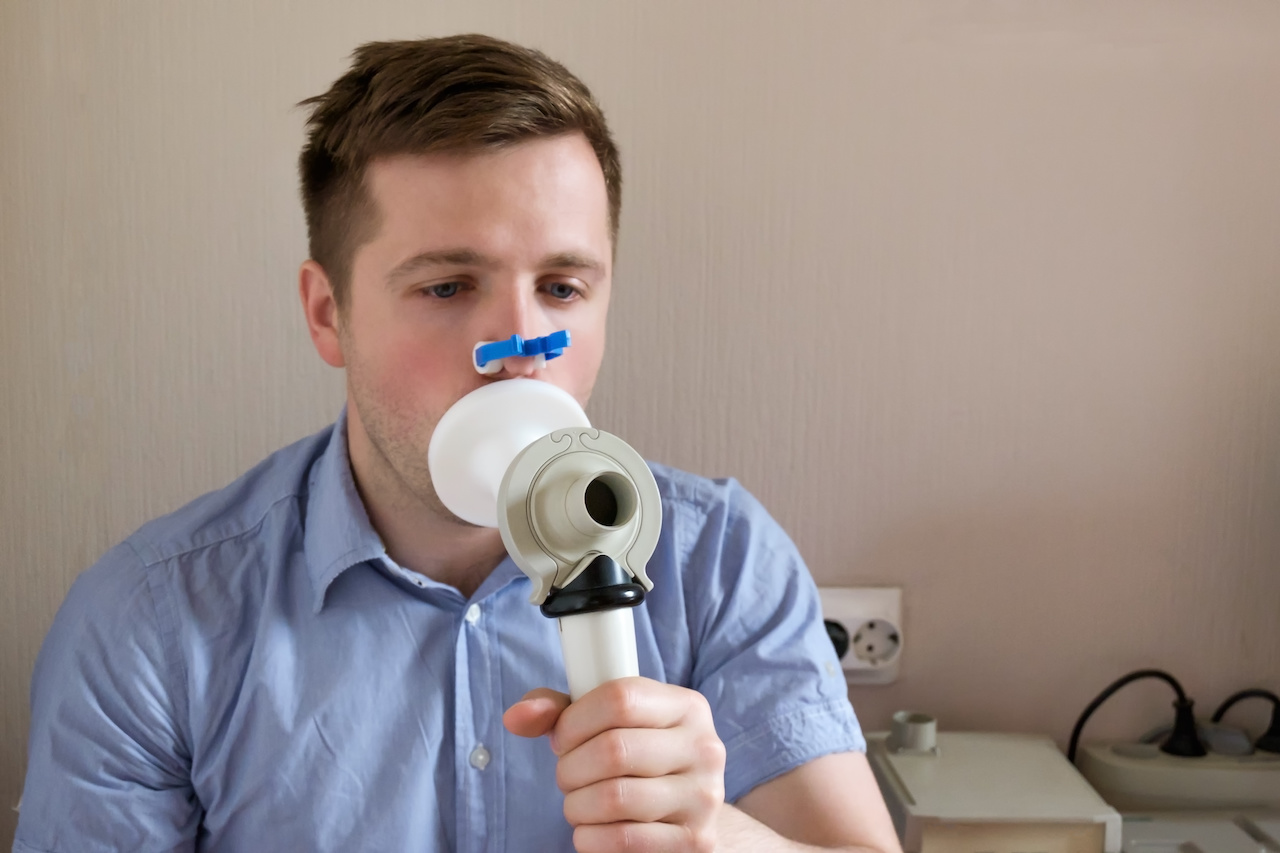Pulmonary function tests, also known as PFTs, are noninvasive tests that show how well the lungs are working. The test is performed to specifically measure the person’s lung volume, capacity, rate of flow and gas exchange. The results of the test will be able to help the doctor diagnose your health condition and decide which treatment is best for a certain lung disorder. So, the big question is when to have a pulmonary function test? Does anyone who suffers difficulty in breathing need the test immediately? Or can anybody decide to take the test without any recommendation from the healthcare provider?
Why take a Pulmonary Function Test?
Here are some reasons why a person needs to undergo a pulmonary function test:
- Allergies
- Respiratory Infections
- Trouble breathing from injury to the chest or a recent surgery
- Chronic lung conditions such as asthma, bronchiectasis, emphysema, or chronic bronchitis
- Asbestosis – A lung ailment caused by inhaling asbestos fibers
- Restrictive airway problems from scoliosis, tumors, inflammation or scarring the lungs
- Sarcoidosis – A health condition that causes lumps of inflammatory cells around organs like the liver, lungs and spleen
- Scleroderma – A health condition characterized by the thickening and hardening of connective tissue
- Asthma
- Lung fibrosis
- Bronchiectasis
- COPD or Chronic obstructive pulmonary disease
- Lung cancer
The Pulmonary function test may be used to check lung function before surgery or other procedures in patients who have lung or heart problems, who are smokers, or who have other health conditions. Moreover, the Pulmonary function test is used to assess treatment for asthma, emphysema, and other chronic lung problems. Other healthcare providers may also have other reasons why they recommend their patients to undergo the PFT.
How is the Pulmonary Function Test performed?
There are two methods that the Pulmonary Function Test depending on what your doctor needs to learn about your condition. These two methods work differently, but they can be used together.
- Spirometry
Spirometry is the most common Pulmonary Function Test and is usually used to help diagnose breathing problems like asthma. It measures the airflow in the lungs or the amount of air that the patient breathes in or breathes out, and the amount of air you can exhale in 1 second. Spirometry is performed while the patient is sitting and will be asked to breathe into a device that is connected to the spirometer. - Plethysmography
Plethysmography helps measure the amount of air that is in your lungs when you inhale; as well as the amount of air that is left in your lungs after you breathe out. Physicians use Plethysmography to test how a certain respiratory condition affects your lungs. It also determines if you have a restrictive ailment or a lung disease that minimizes the space in your lungs. Moreover, Plethysmography will help your doctor come up with the right treatment that will definitely treat your condition.

